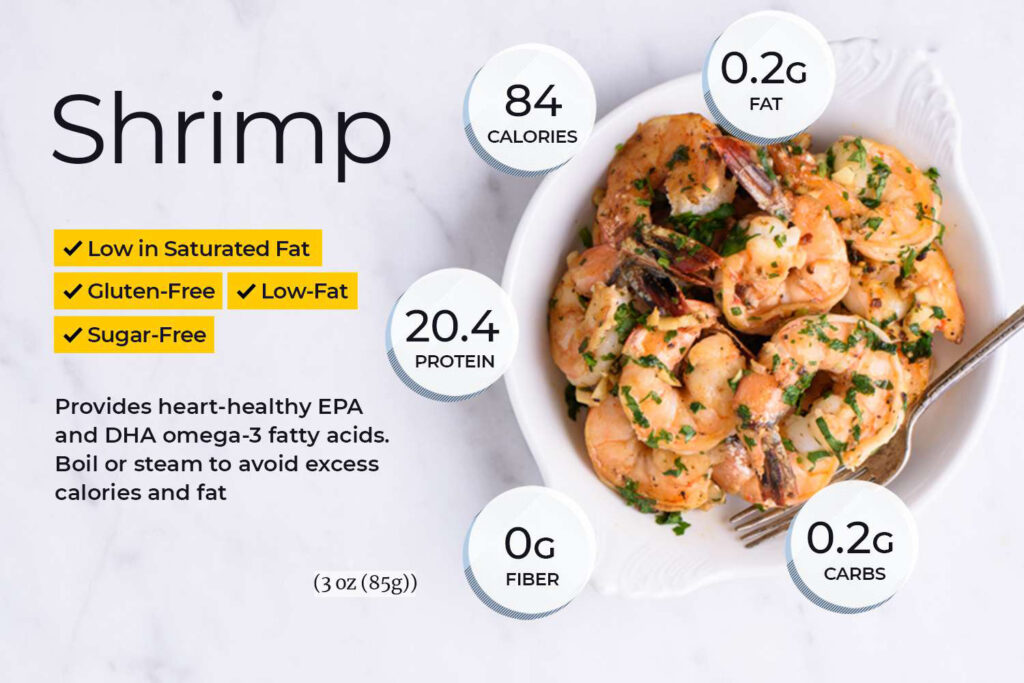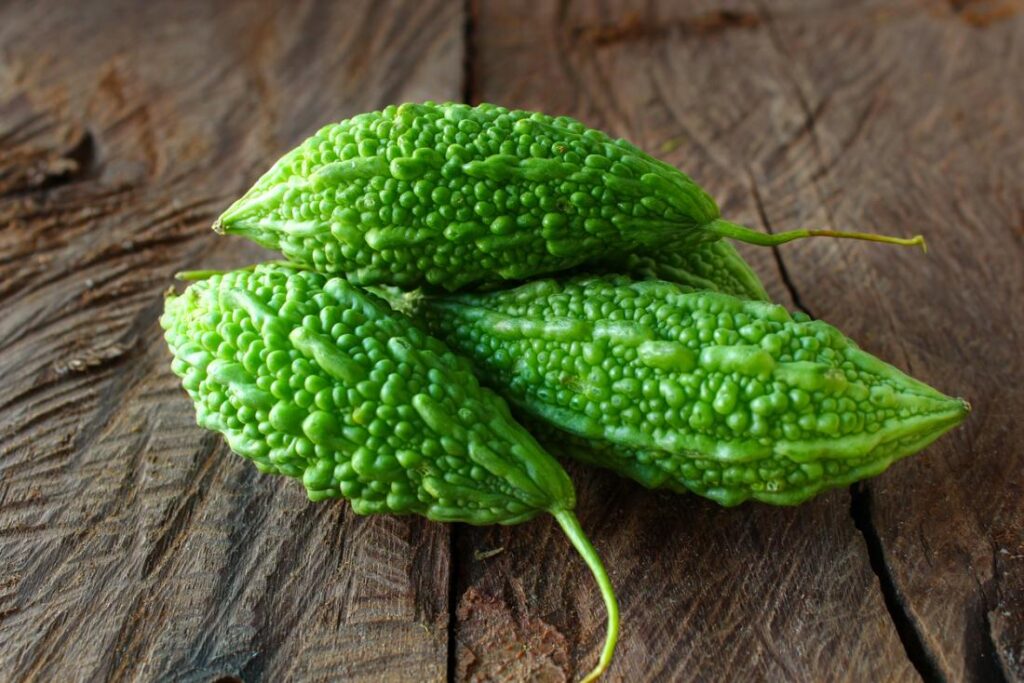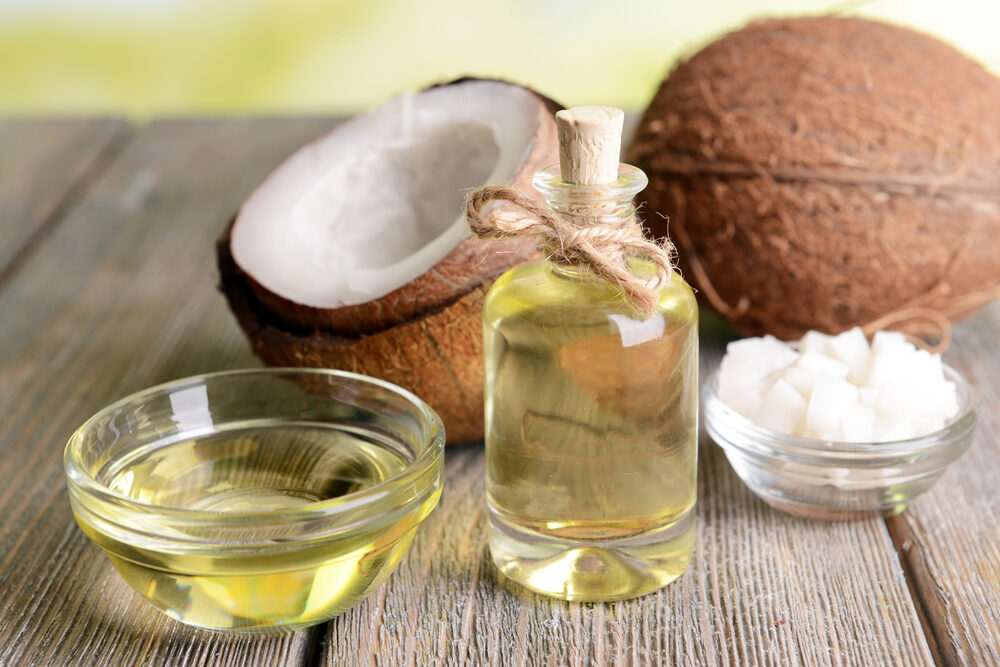Prawns, also known as shrimp in some regions, are a popular seafood choice that provides a variety of essential nutrients. Here’s an overview of the nutritional facts for prawns per 100 grams of cooked prawns:
Nutritional Information (per 100 grams of cooked prawns)
- Calories: 99 kcal
- Protein: 24 grams
- Total Fat: 0.3 grams
- Saturated Fat: 0.1 grams
- Monounsaturated Fat: 0.1 grams
- Polyunsaturated Fat: 0.2 grams
- Omega-3 Fatty Acids: 0.3 grams
- Omega-6 Fatty Acids: 0.03 grams
- Cholesterol: 189 mg
- Sodium: 111 mg
- Potassium: 259 mg
- Vitamin A: 50 IU (1% of the Daily Value)
- Vitamin C: 0 mg (0% of the Daily Value)
- Vitamin D: 0 IU (0% of the Daily Value)
- Vitamin B12: 1.11 mcg (19% of the Daily Value)
- Calcium: 70 mg (7% of the Daily Value)
- Iron: 0.5 mg (3% of the Daily Value)
- Magnesium: 33 mg (8% of the Daily Value)
- Phosphorus: 170 mg (17% of the Daily Value)
- Zinc: 1.34 mg (9% of the Daily Value)
- Selenium: 40.2 mcg (57% of the Daily Value)
Benefits of Eating Prawns
- High-Quality Protein: Prawns are an excellent source of high-quality protein, essential for muscle growth, repair, and overall body maintenance.
- Low in Fat: Prawns are low in total fat and contain minimal amounts of saturated fat, making them a heart-healthy protein option.
- Rich in Omega-3 Fatty Acids: Despite their low-fat content, prawns contain beneficial omega-3 fatty acids, which support heart health, reduce inflammation, and may benefit brain health.
- High in Vitamins and Minerals: Prawns are rich in several vitamins and minerals, including vitamin B12, which is vital for nerve function and blood cell production, and selenium, an antioxidant that helps protect cells from damage.
- Low in Calories: Prawns are low in calories, making them an excellent option for those looking to manage their weight while still getting essential nutrients.
- Good Source of Antioxidants: Prawns contain astaxanthin, a powerful antioxidant that gives them their pink color and helps protect the body from oxidative stress.
Potential Drawbacks of Eating Prawns
- Cholesterol Content: Prawns are relatively high in cholesterol. While dietary cholesterol doesn’t impact blood cholesterol levels as much as previously thought for most people, individuals with certain health conditions should monitor their intake.
- Allergic Reactions: Prawns are a common allergen and can cause allergic reactions in some people. Symptoms can range from mild to severe and may include hives, swelling, and anaphylaxis.
- Sodium Content: Prawns can be relatively high in sodium, especially if they are cooked with added salt or processed. High sodium intake can contribute to high blood pressure and other health issues.
- Potential Contaminants: Depending on their source, prawns can contain contaminants such as heavy metals or antibiotics. Choosing prawns from reputable sources and sustainable practices can help minimize these risks.
Conclusion
Prawns are a nutritious seafood option that provides high-quality protein, essential vitamins, and minerals, along with beneficial omega-3 fatty acids. They are low in fat and calories, making them a healthy choice for many diets. However, it’s important to be aware of their cholesterol and sodium content and potential allergens or contaminants. Incorporating prawns into a balanced diet can offer numerous health benefits while supporting overall well-being.





